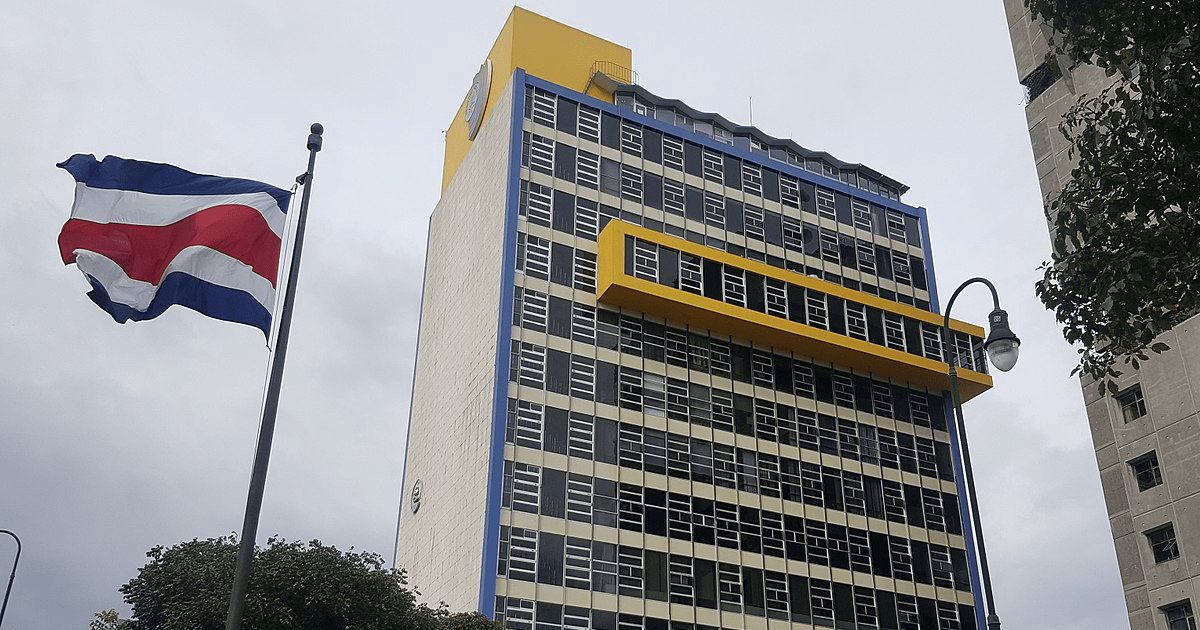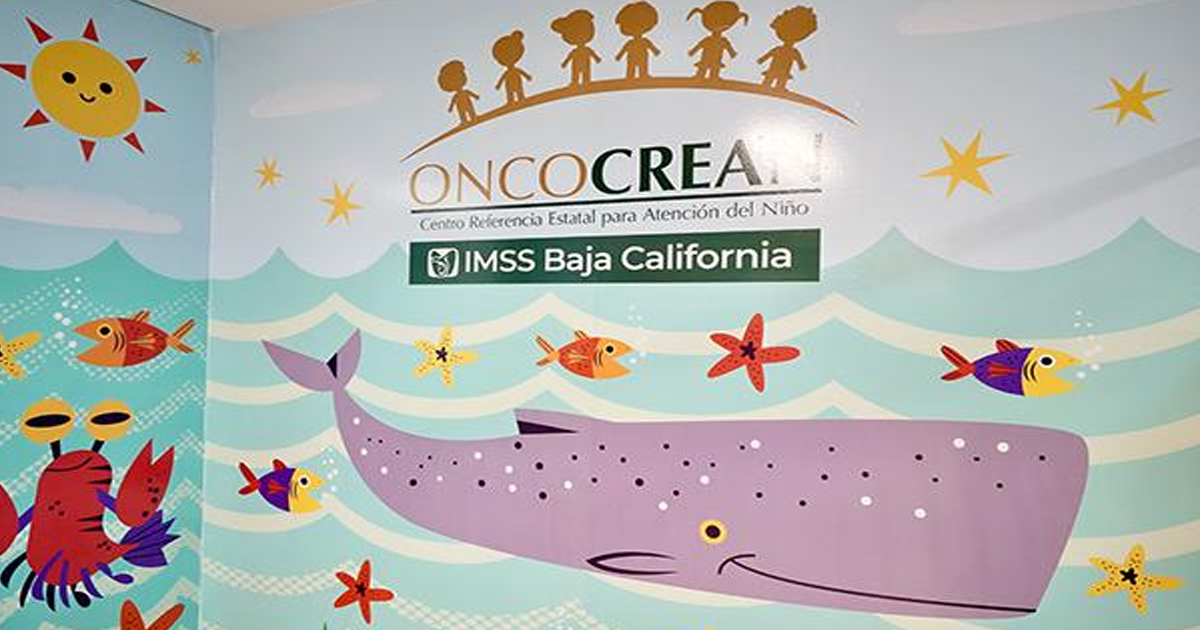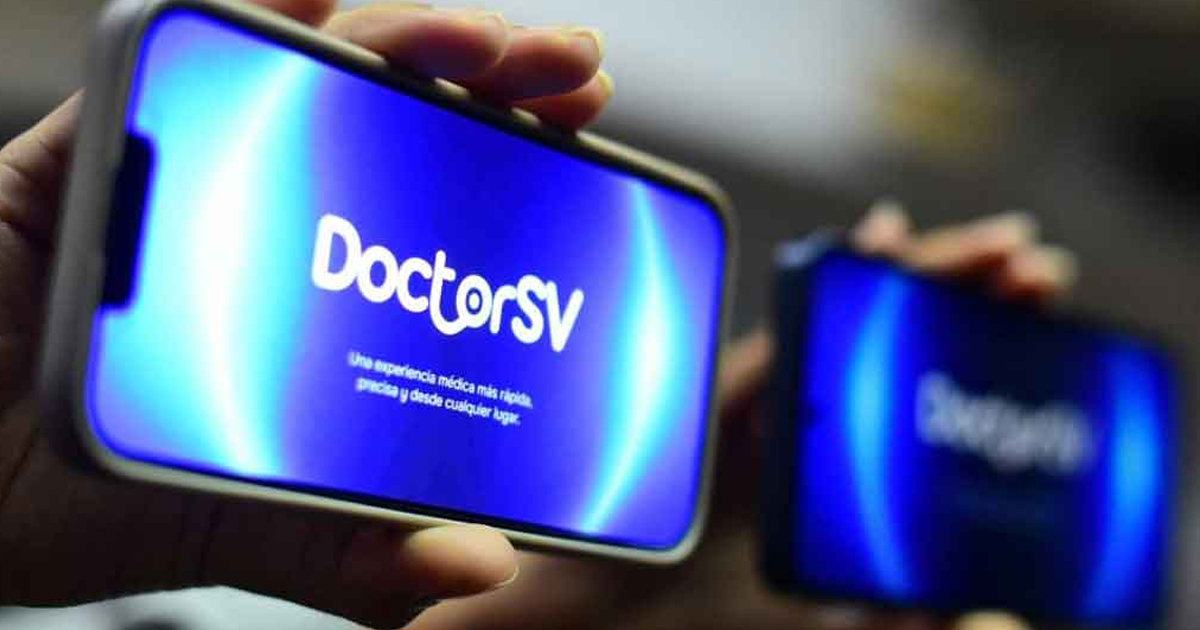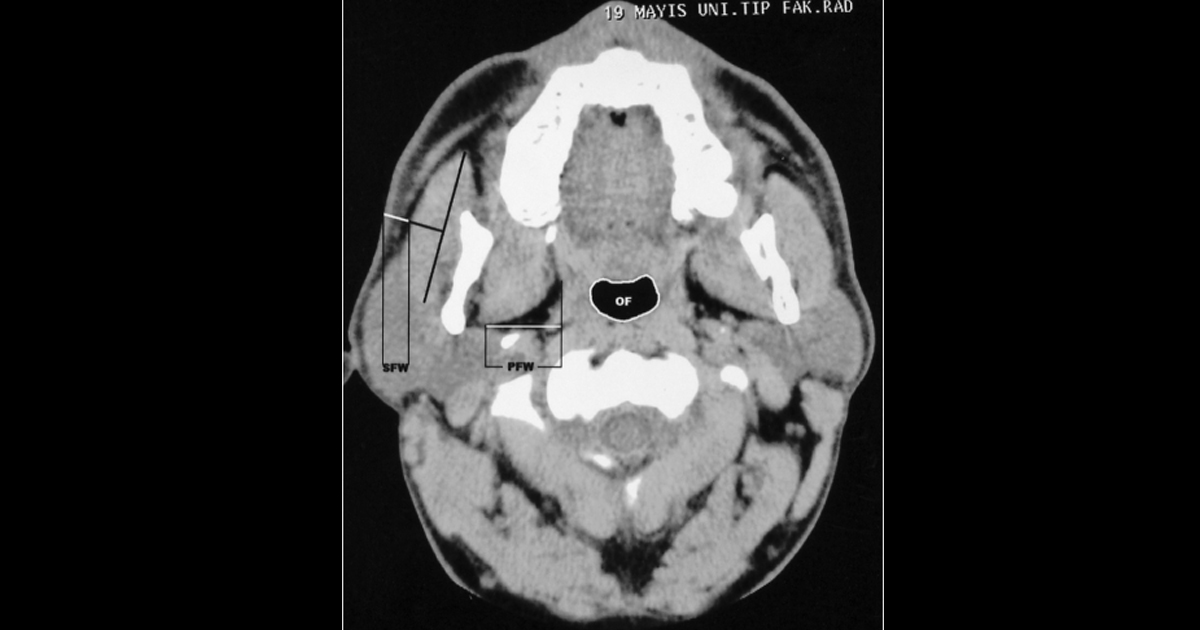El Expediente Digital Único en Salud ya opera en todo el país y tienen información del 95% de los ticos.
Costa Rica sigue reinventando sus sistemas de Digital Health como referente de América Latina en innovar sus servicios para mantenerse a la vanguardia que las TIC y el desarrollo de la digitalización demanda.
That is why it adds to its Expediente Digital Único en Salud (EDUS), the storage of a Digital Family Card carried out by the Costa Rican Social Security Fund (CCSS).
El procedimiento se centra en el uso de tablets o smartphones para registrar la información de las familias de manera digital, una vez que los prestadores de servicio acudan directamente a las casas y al momento suban a la nube todos los datos necesarios para crear un expediente clínico de los hogares de la zona.
Se ahorra e innova el proceso de la ficha escrita. Actualmente, se tiene una copia segura de minutas que marcan el número de miembros por familia, riesgo de enfermedades crónicas o epidemiológicas, entre otros factores en tiempo real in situ.
Este nuevo sistema digital se basará en el GPS para recordar citas, cirugías y tratamientos que cada paciente debe asumir acorde a cada situación particular.

According to institutional data, so far, the CCSS has 40,000 georeferenced homes and 60,000 tokens have already been updated, thanks to the use of the family card tool.
Esta suma de esfuerzos viene a complementar el Expediente Clínico Electrónico que ya se venía gestando desde hace tiempo con el compromiso de organizar de mejor manera los datos de los pacientes y sus necesidades en un entorno virtual y flexible.







